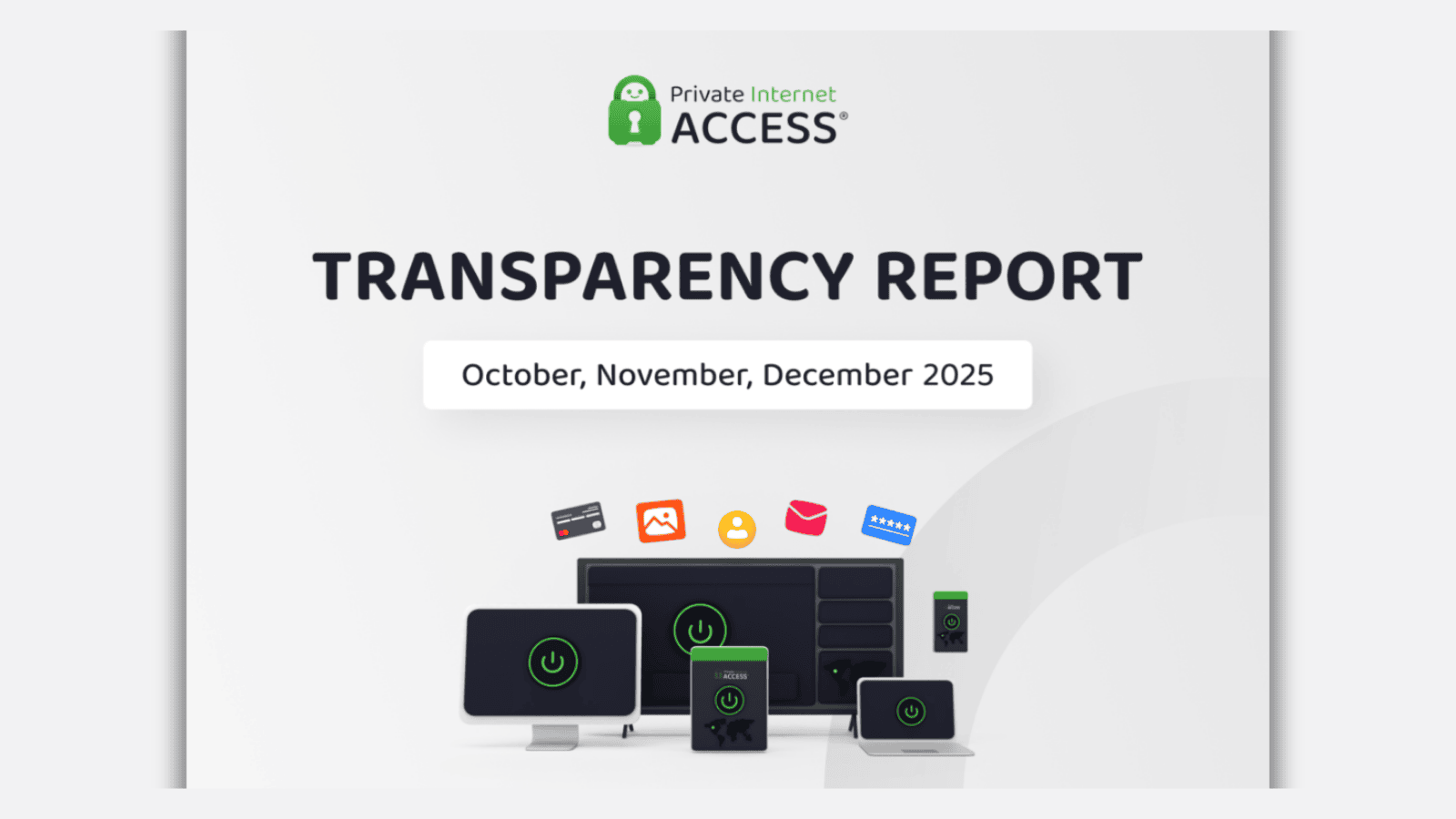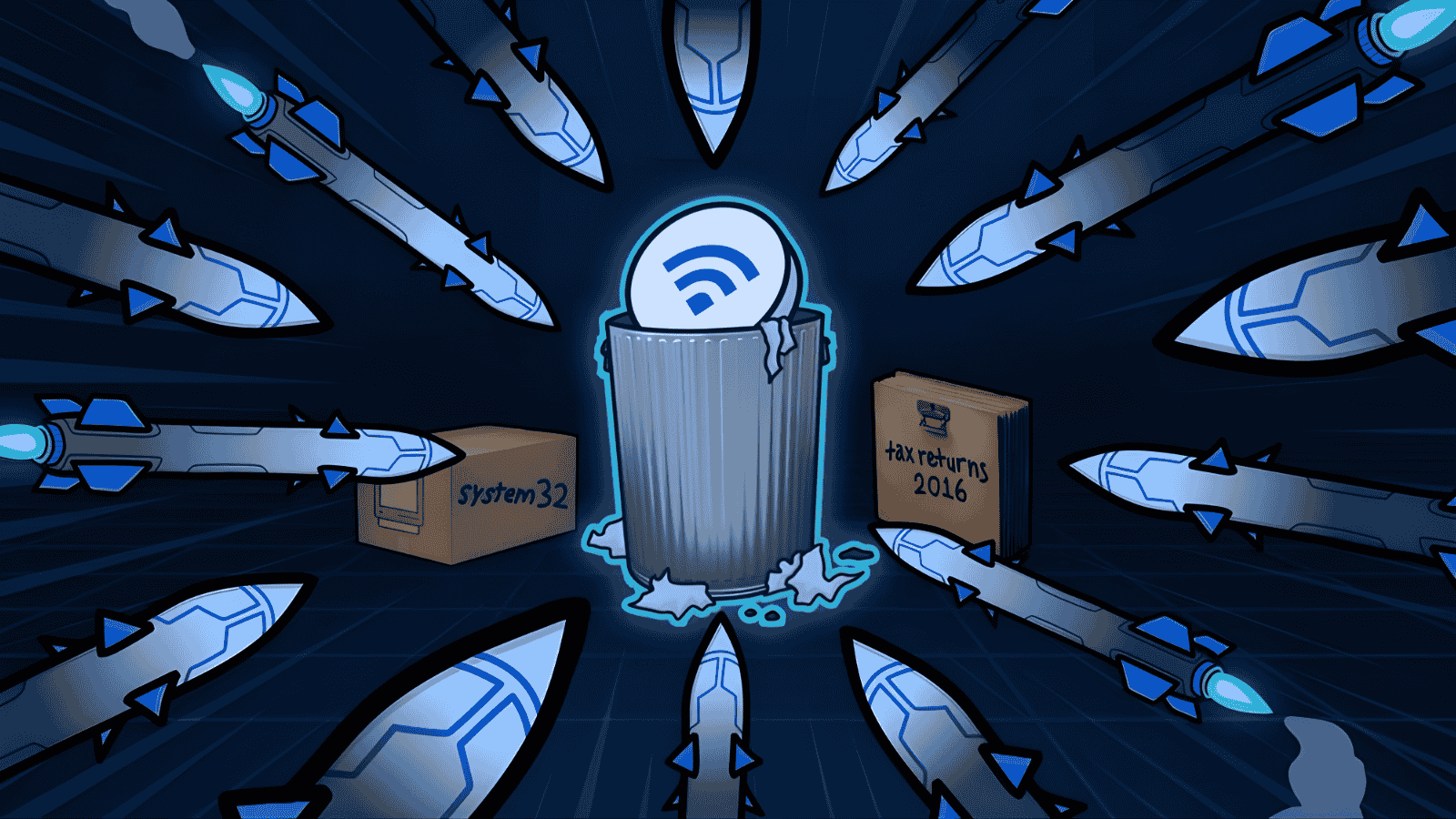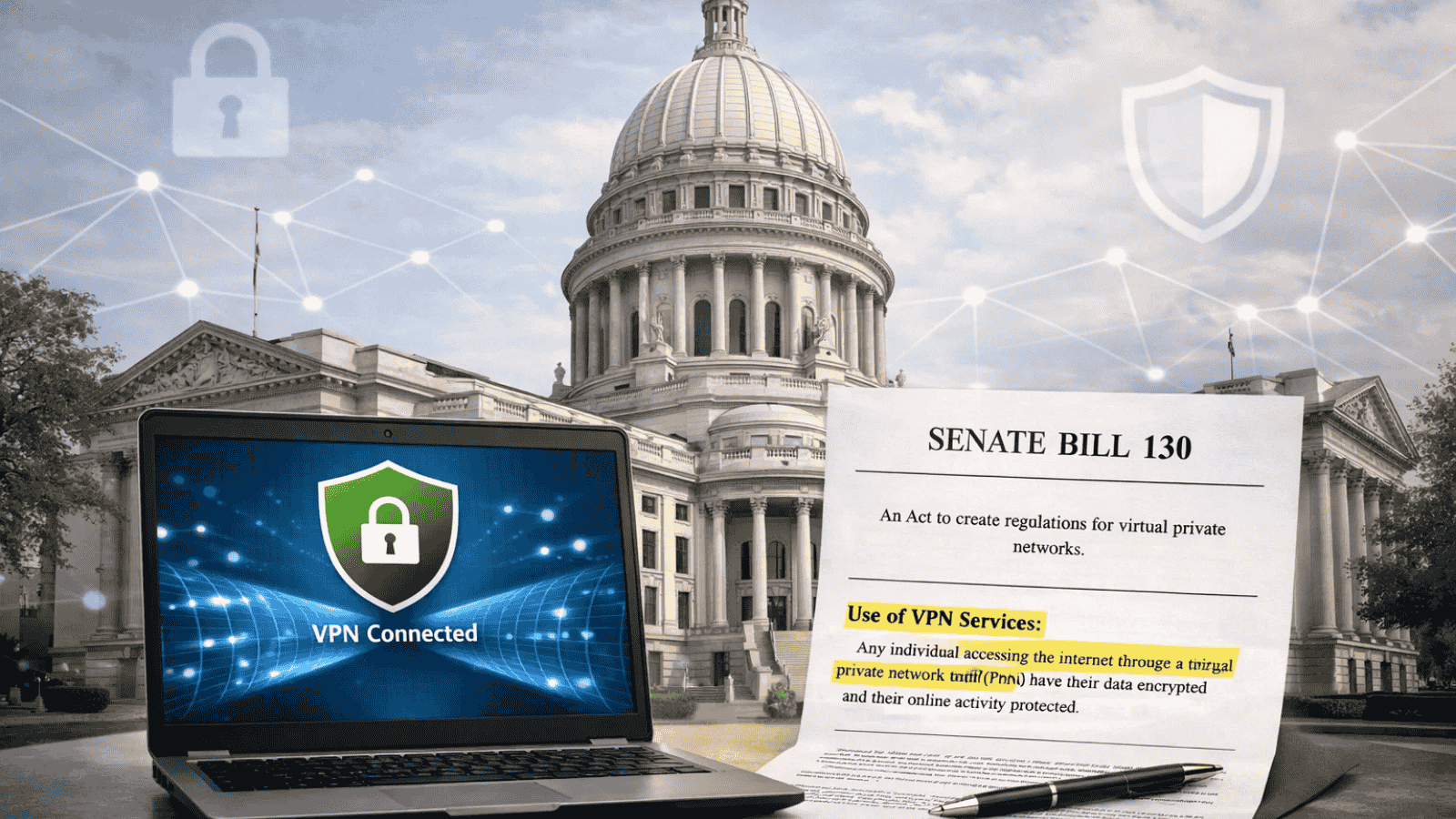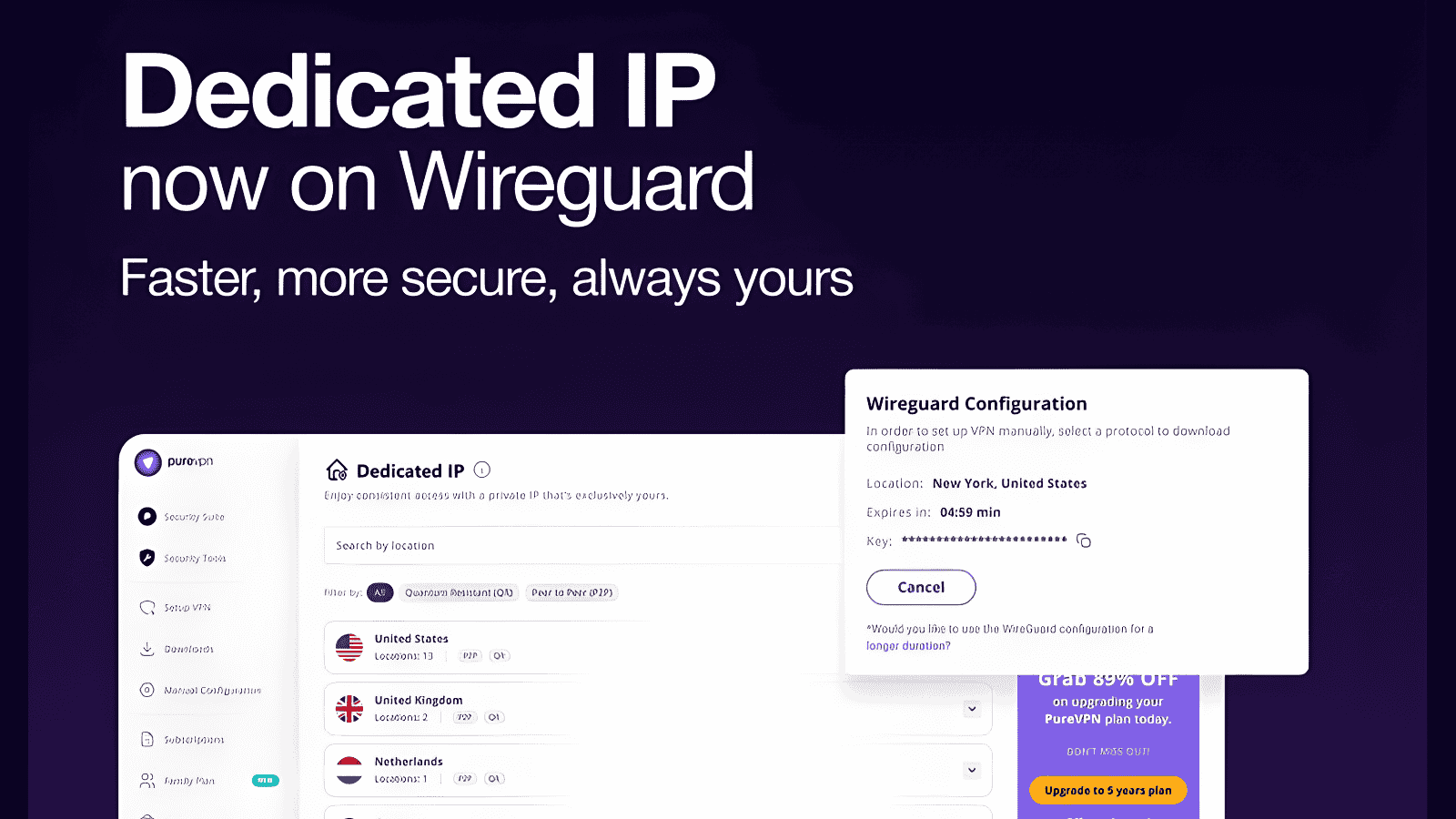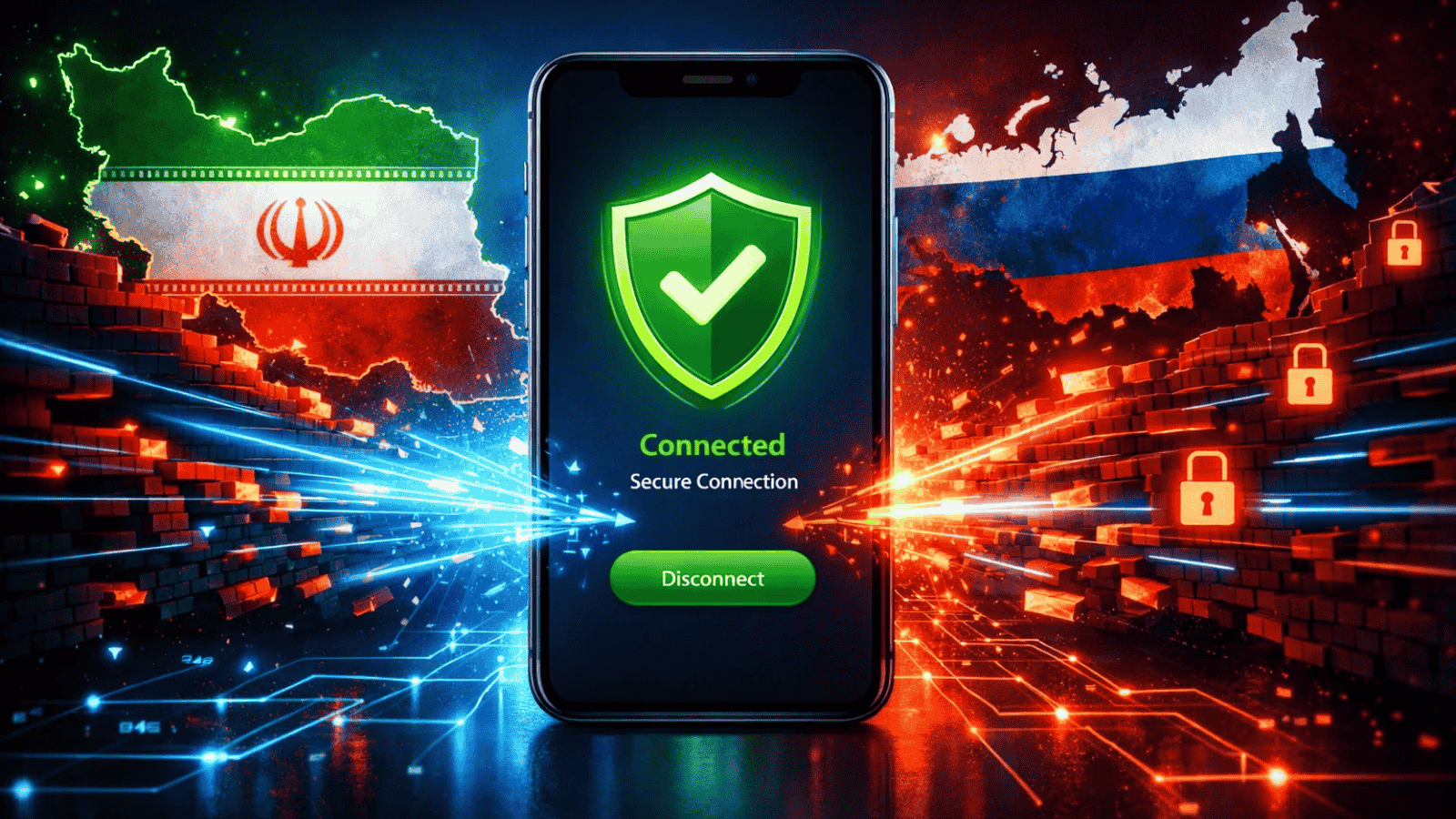
Dark Web Database Leak Exposes 184 Million Plaintext Passwords in Unprotected Database
- 184 million plaintext passwords found in unprotected, leaked by Dark Web database.
- Data included emails, usernames, bank, health, and government login credentials.
- Database likely built using infostealer malware; taken offline after researcher’s report.
A massive security incident has come to light after cybersecurity researcher Jeremiah Fowler discovered an unprotected database containing more than 184 million plaintext passwords. The 47GB Elasticsearch database had no encryption or password protection, and was accessible to anyone online.
The exposed data includes usernames, email addresses, passwords, account URLs, and even login details for banking, healthcare, and government services. Major platforms like Google, Facebook, Apple, Microsoft, Instagram, and Snapchat are reportedly among the affected services.
According to Fowler, the database appears to have been built using infostealer malware, a type of software that secretly collects login credentials and other sensitive data from infected devices. These stolen details are often traded or sold on the dark web.
Fowler reported the discovery in late May 2025. Once he notified the hosting provider, the database was taken offline. However, the identity of the person or group behind the database remains unknown. Fowler also contacted a number of users affected by the breach, and many confirmed that their leaked credentials were real and still active.
What makes this breach particularly alarming is that the information was stored in plain text, without any kind of protection. This means that anyone who found the database could easily access and download the credentials without needing to bypass security systems.
Experts warn this kind of exposure could lead to credential stuffing, where attackers use stolen credentials to try and log into other websites. Since many people reuse the same password across platforms, these attacks can be very effective. It also opens the door to identity theft, phishing, and fraud, especially when financial or medical data is involved.
Fowler described the file as a “cybercriminal’s dream,” noting that it gave hackers easy access to highly sensitive user data with no need for hacking tools.
This Dark Web database leak incident isn’t an isolated incident either. Just recently, another massive breach leaked over 16 billion passwords, highlighting the ongoing risks tied to poor data storage practices and insecure credential management.
To check if your information may have been exposed, users can run a Dark Web Exposure Scan using services like PureVPN’s free tool, which doesn’t require sign-up. If any of your credentials were compromised, it’s recommended to immediately:
- Change your passwords
- Enable two-factor authentication (2FA)
- Start using a password manager to avoid future risks.
Additionally, TechNadu recommends that you use the best paid VPNs that provide you with strong encryption, such as NordVPN, Surfshark VPN, or ExpressVPN. Apart from providing strong encryption, they come with robust protocols, VPN kill switch, obfuscation, and split tunneling features.
Additionally, staying vigilant is key. Users are also advised to keep their systems updated, avoid saving sensitive documents in emails or cloud drives, and monitor financial or account activity for suspicious behavior.
As Fowler and other researchers warn, incidents like this Dark Web database leaks underscores the need for basic cybersecurity hygiene, especially as the dark web trade in stolen data continues to grow. Companies and individuals alike need to take more proactive steps to protect data before it ends up in the wrong hands.



